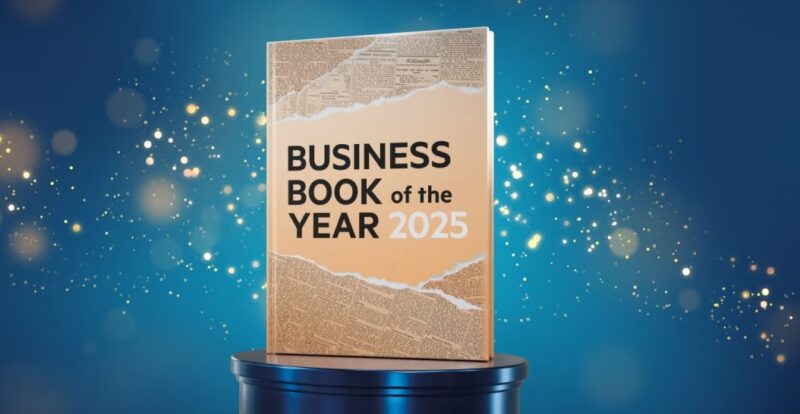Every entrepreneur I know has at least one book that changed how they think about business. Sometimes it’s a guide that demystifies finance; sometimes it’s a story that keeps you going when the odds stack up. The right book gift in 2025 isn’t just a present; it’s a strategic nudge that can influence how someone leads, grows, and innovates.
This list isn’t a generic roundup. It’s a mix of timeless classics and recent releases that reflect the realities of entrepreneurship today: uncertainty, digital disruption, resilience, and the human side of leadership.
1. The Lean Startup by Eric Ries
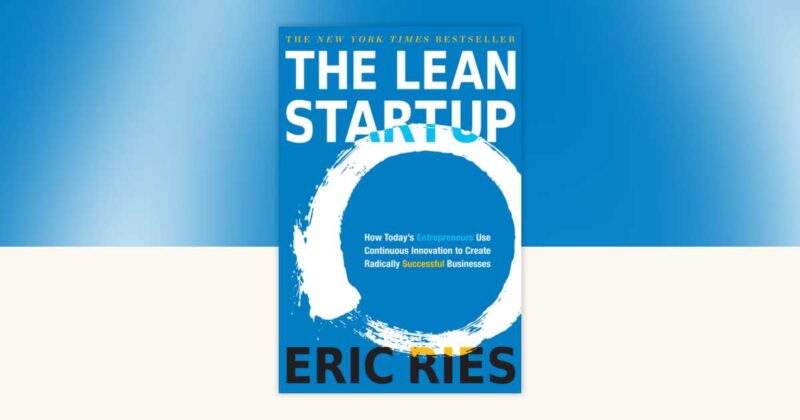
Ries’s work remains the definitive guide to launching a company that learns faster than it burns through cash. He breaks down the concept of a minimum viable product (MVP), emphasizing testing, measuring, and adjusting before scaling. The approach has become a global framework for innovation, from tech startups to established corporations reinventing themselves.
The Lean Startup changed how I approached risk. Instead of planning every detail, I started testing assumptions early, saving months of wasted effort. The book doesn’t romanticize entrepreneurship; it makes it analytical.
| Feature | Detail |
| Author | Eric Ries |
| Focus | Build-Measure-Learn cycle |
| Best For | Founders launching or iterating on new ideas |
| Lesson | Success depends on learning faster than the competition |
2. Zero to One by Peter Thiel & Blake Masters
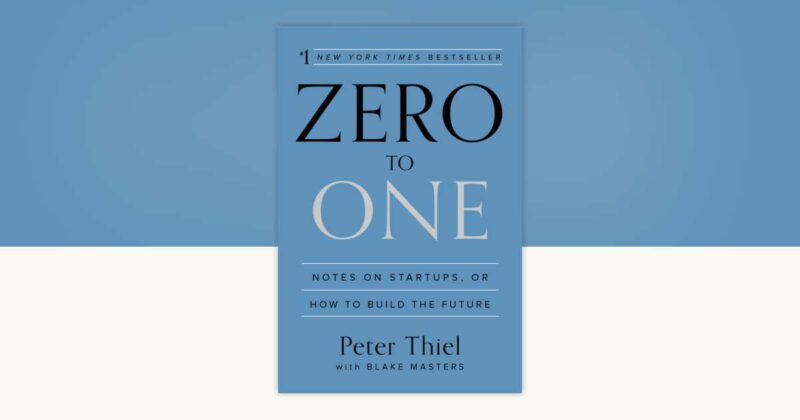
Thiel challenges founders to abandon the idea of “competition” and instead build something that moves the world from zero to one, from nothing to something new. His central argument: copying others will never create enduring value; only original innovation does.
The book forced me to ask tougher questions about originality. Are we really innovating, or just optimizing what exists? It’s confrontational in the best way, the kind of book that lingers in your head long after you close it.
| Feature | Detail |
| Author | Peter Thiel & Blake Masters |
| Focus | Innovation through monopoly and unique value creation |
| Best For | Entrepreneurs who think beyond incremental progress |
| Lesson | Bold ideas create value; competition erodes it |
3. The ONE Thing by Gary Keller & Jay Papasan
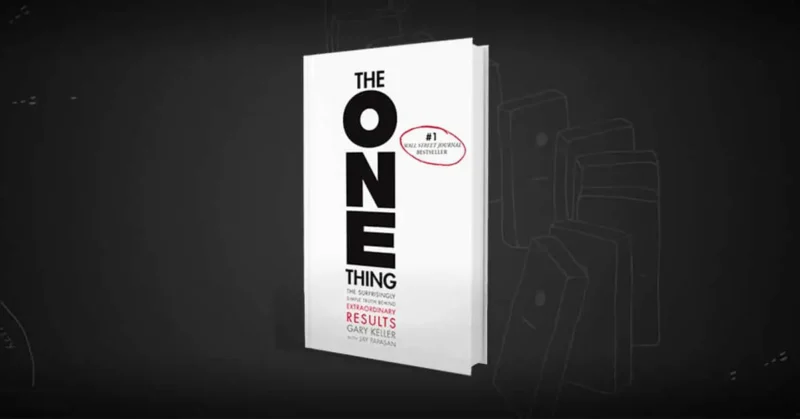
Entrepreneurs often fall into the trap of trying to do everything. This book teaches how to focus on the single task that matters most, the “one thing” that moves everything else forward.
I read this during a chaotic growth phase when I was juggling too many roles. It reminded me that clarity of focus beats the illusion of productivity.
| Feature | Detail |
| Author | Gary Keller & Jay Papasan |
| Focus | Productivity and focused execution |
| Best For | Founders and teams battling distraction |
| Lesson | Focus on less to achieve more |
4. Delivering Happiness by Tony Hsieh
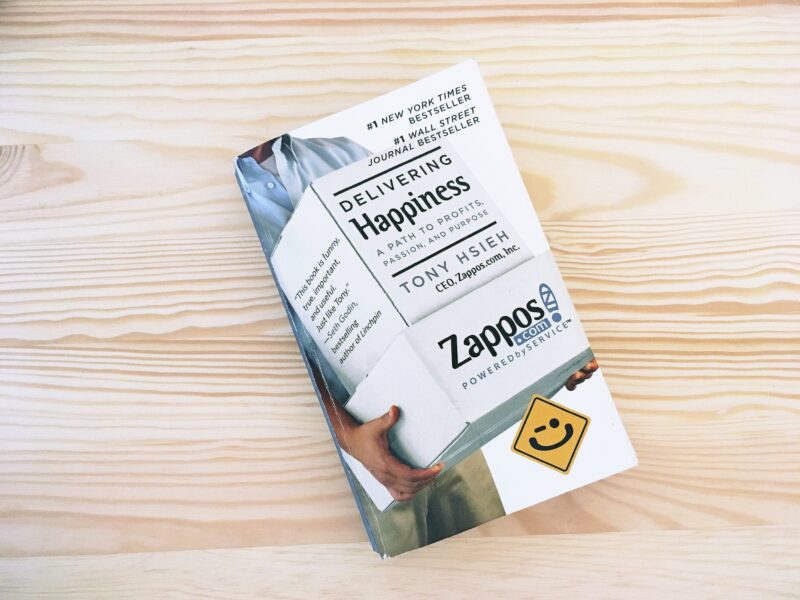
Zappos founder Tony Hsieh’s story shows how culture, customer service, and authenticity can become competitive advantages. He argues that profits follow passion and that building a business is really about building happiness.
I first read this after a tough year managing a small team. It shifted how I thought about leadership. Happiness isn’t a side effect of success; it’s a driver of it.
| Feature | Detail |
| Author | Tony Hsieh |
| Focus | Company culture and customer experience |
| Best For | Entrepreneurs who lead teams or shape company values |
| Lesson | Culture compounds; profit is a byproduct |
5. Start with Why by Simon Sinek
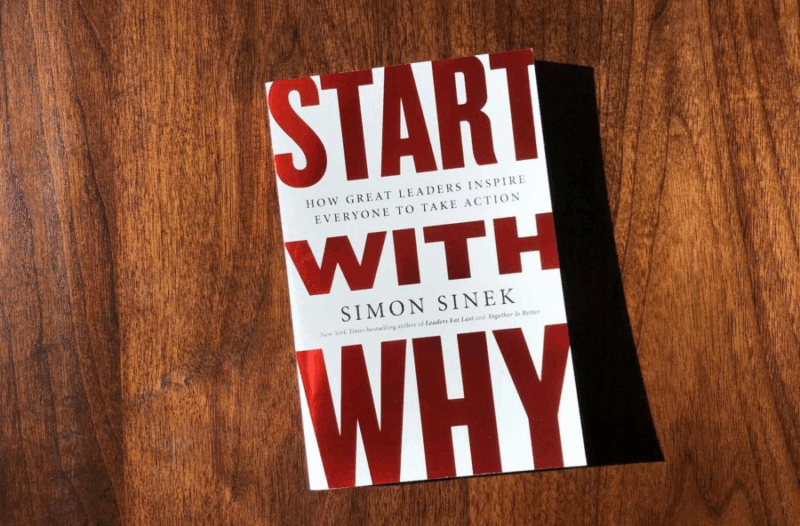
Sinek’s core idea is simple but profound: great leaders inspire by starting with why. He dissects how purpose and meaning fuel lasting motivation, both internally and externally. It’s essential reading for founders defining their mission.
I started asking “why” more often, not to challenge, but to clarify. Every decision made more sense once the underlying reason was clear.
| Feature | Detail |
| Author | Simon Sinek |
| Focus | Purpose-driven leadership |
| Best For | Founders shaping company mission |
| Lesson | People don’t buy what you do; they buy why you do it |
6. Good to Great by Jim Collins
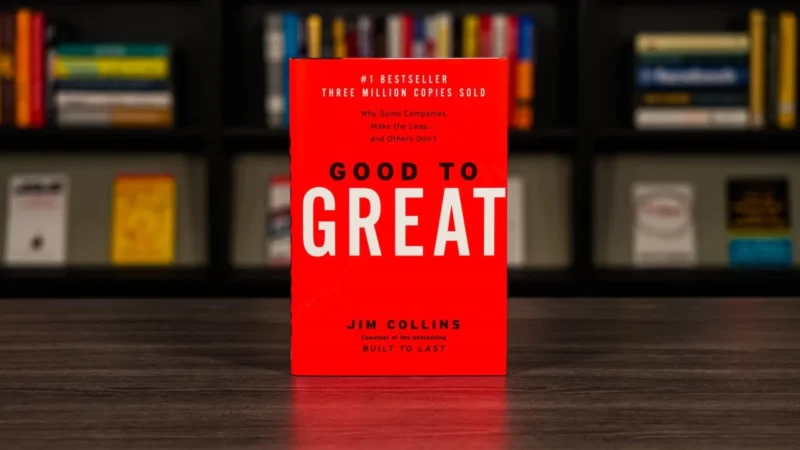
A research-based exploration of why certain companies achieve sustained greatness while others plateau. Collins introduces concepts like Level 5 Leadership and the Hedgehog Principle frameworks still taught in top MBA programs.
The section on leadership humility hit hard. True greatness, Collins argues, isn’t loud or charismatic; it’s quiet, disciplined, and resilient.
| Feature | Detail |
| Author | Jim Collins |
| Focus | Building enduring companies |
| Best For | Entrepreneurs scaling beyond the startup stage |
| Lesson | Greatness is the result of consistency and discipline, not bursts of brilliance |
7. Build the Damn Thing by Kathryn Finney
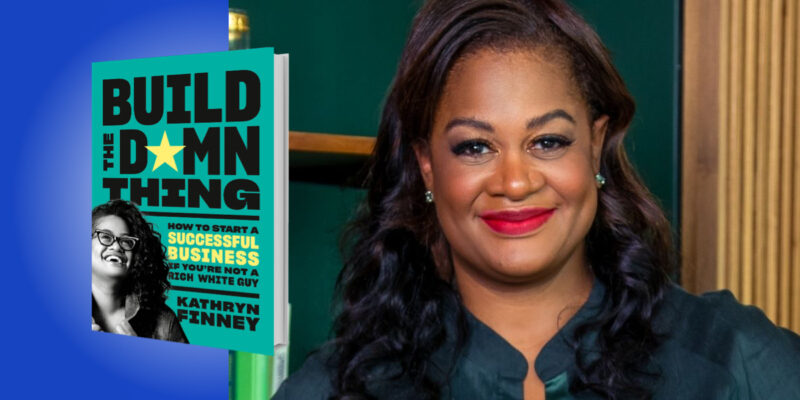
Kathryn Finney’s book is a modern entrepreneurial manual rooted in reality, especially for founders who don’t fit the traditional mold of Silicon Valley startups. It strips away privilege, bias, and theory, offering hard-won, field-tested guidance.
What makes this book shine is its raw honesty. Finney speaks from lived experience, making it a standout gift for diverse and first-time founders who need more authenticity than idealism.
| Feature | Detail |
| Author | Kathryn Finney |
| Focus | Inclusive entrepreneurship and resourceful growth |
| Best For | Underrepresented founders or first-time entrepreneurs |
| Lesson | Start with what you have, not what you wish you had |
8. Financial Intelligence by Karen Berman & Joe Knight
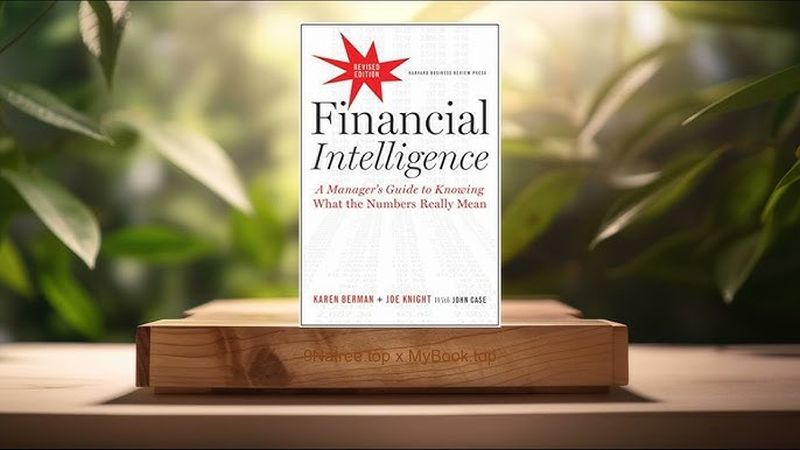
Entrepreneurs often understand creativity and vision better than finance. This book fills that gap by decoding financial statements and explaining how cash flow, profit margins, and capital cycles actually influence business decisions.
I remember reading this before a pitch meeting. It made me realize how investors think, in ratios, returns, and trends, not just stories. Once I learned to speak that language, conversations changed.
Even experienced founders can benefit from guidance on financial strategy and leadership. Many turn to specialized recruitment firms like FD Capital to find experienced CFOs or finance directors who can bring strategic oversight while founders focus on growth.
| Feature | Detail |
| Author | Karen Berman & Joe Knight |
| Focus | Financial literacy for business leaders |
| Best For | Entrepreneurs who want to master the numbers behind decisions |
| Lesson | You can’t manage what you don’t understand , learn to read your own story in numbers |
9. Dare to Lead by Brené Brown

Brown’s focus on courage and vulnerability as leadership tools is essential for entrepreneurs who must inspire others through uncertainty. Her research-backed approach reframes leadership as empathy plus accountability.
I’ve recommended this to founders transitioning from “builder” to “leader.” It teaches emotional fluency, something numbers alone can’t provide.
| Feature | Detail |
| Author | Brené Brown |
| Focus | Courageous leadership and team trust |
| Best For | Founders managing culture and people |
| Lesson | Vulnerability is strength when paired with integrity |
10. Competing in the Age of AI by Marco Iansiti & Karim R. Lakhani
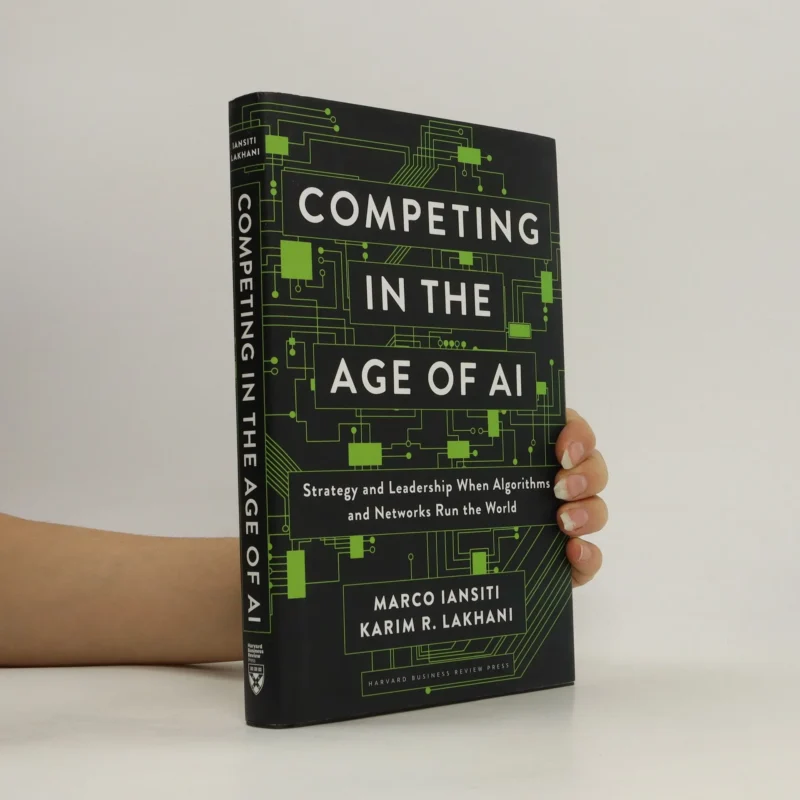
This book helps entrepreneurs grasp how artificial intelligence is reshaping operations, value creation, and competitive advantage. It’s both a strategy manual and a wake-up call for leaders navigating a data-driven economy.
I appreciated how the authors cut through hype to show real-world transformations, from Amazon to healthcare startups. It’s the kind of book that can future-proof your business mindset.
| Feature | Detail |
| Author | Marco Iansiti & Karim R. Lakhani |
| Focus | AI-driven business transformation |
| Best For | Entrepreneurs in digital or tech sectors |
| Lesson | Data isn’t just support, it’s the new core of value creation |
Conclusion
The best gifts for entrepreneurs are tools that sharpen judgment. Each of these books contributes something different: vision, focus, resilience, or structure, but all share one theme: they help founders think more clearly in uncertain times.
If you’re giving one of these titles to a colleague, a friend, or even yourself, you’re not just gifting a book; you’re gifting perspective, a tested roadmap, and often, the confidence to keep going when the next challenge hits.

